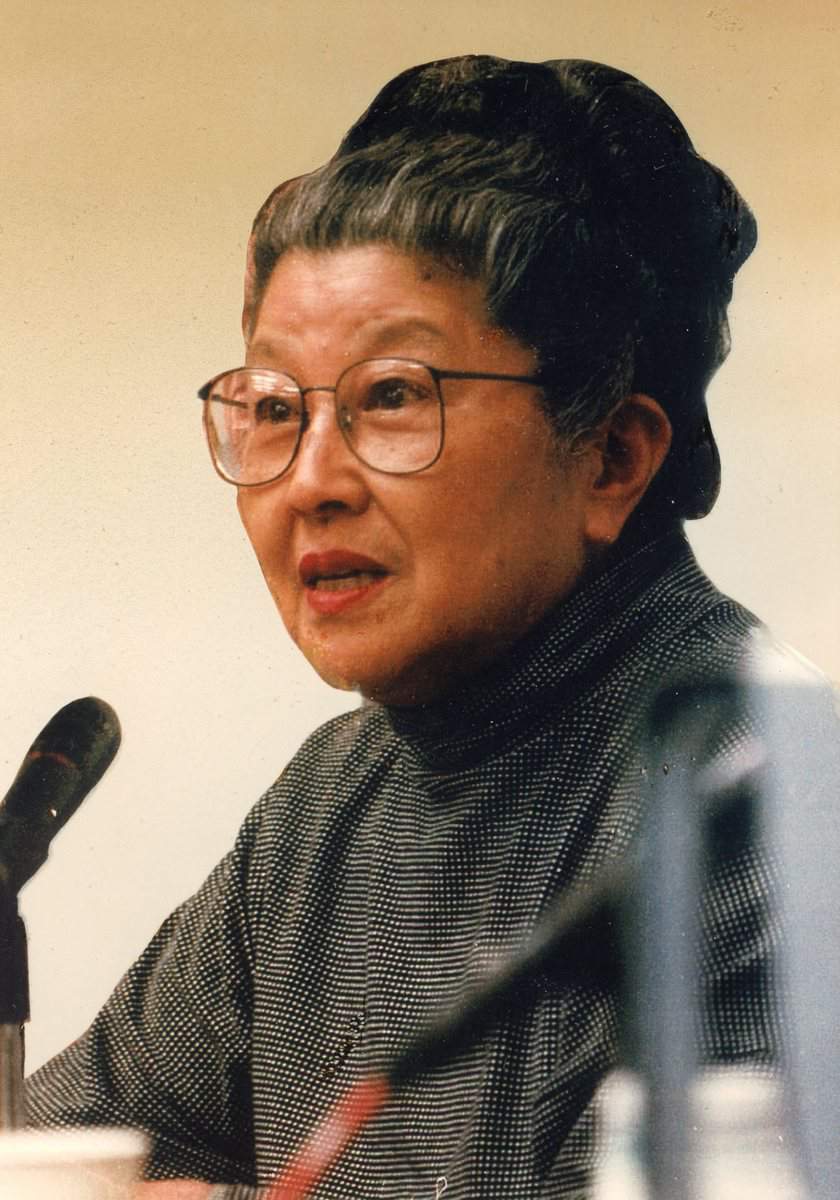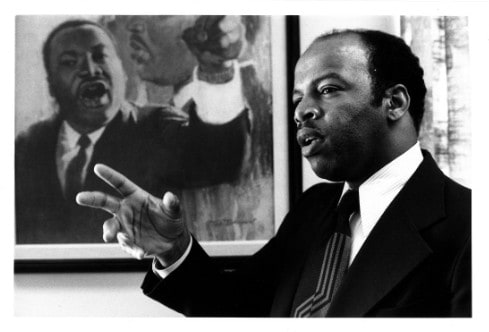The following is written by Olson Graduate Research Assistant, Rachel Miller-Haughton Ayako Mori Costantino was a Japanese-American woman whose work with the communities she lived in and belonged to left a lasting impact. Her papers were donated to the Iowa Women’s Archives (IWA) and include photos, letters, books, audio tapes, and memorabilia from her life. Born in Sacramento, California in 1924, AyakoContinue reading “An Activist’s Legacy: Ayako Mori Costantino “
Tag Archives: Civil Rights
John Lewis and Darwin Turner’s 1978 Summer Institute
The following comes from Archives Assistant Denise Anderson With the presidential election and Inauguration over, there has been a lot of talk about voting rights in the news. With Raphael Warnock’s win, Georgia’s first Black senator, we are reminded that the struggles and work of the Civil Rights Movement was not distant history. This coincidesContinue reading “John Lewis and Darwin Turner’s 1978 Summer Institute”

